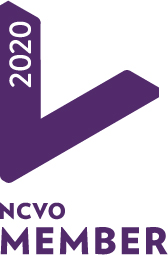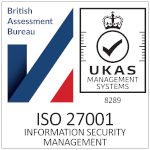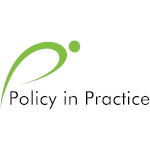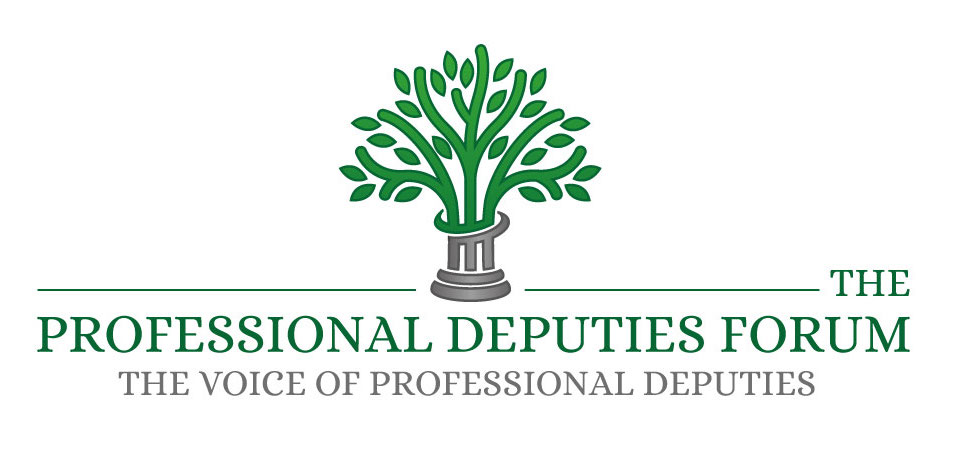More than half (53%) of people registering with the Vulnerability Registration Service (VRS) highlight communication needs as a primary challenge, according to new data released today. These needs span mental health, financial difficulty, and accessibility challenges — and addressing them effectively could save time, reduce harm, and build trust between consumers and service providers.
The findings underscore how simple miscommunication, or a lack of understanding can compound vulnerability, particularly when people are dealing with complicated credit agreements, pensions, insurance claims, or even paying everyday bills.
Helen Lord, CEO of the VRS, said:
“Miscommunication and a lack of understanding can compound vulnerability when we’re dealing with complicated credit agreements, pensions insurance claims or simply paying bills. Our data is saying that over 50% of people experiencing challenges would benefit from tailored communication and clearer explanations. At VRS we are giving a voice to vulnerable people to pinpoint these needs and therefore offering service providers the opportunity to address them.”
The VRS provides organisations with an independent, central register to identify and understand the needs of customers in vulnerable circumstances. Through a wide range of flags — covering financial difficulty, mental health conditions, bereavement, accessibility challenges and more — service providers can ensure they interact with customers in the most appropriate way. On average, consumers registering with VRS identify with 5 different characteristics of vulnerability.
Why it matters for businesses
•Time saving: Getting communication right first time reduces repeat contact and unnecessary disputes.
•Consumer protection: Clearer communication helps prevent the mis-selling of inappropriate products.
•Trust building: Tailoring communication to consumer needs fosters confidence and strengthens long-term relationships.
Helen Lord added:
“The way businesses communicate is not a ‘soft issue’ — it has real financial and reputational consequences. Understanding how to speak to customers in vulnerable circumstances benefits everyone: it reduces risk, saves time, and builds trust. Managing
vulnerability is a complicated issue for businesses but communicating in the right way is a quick win for all.”













Post a comment